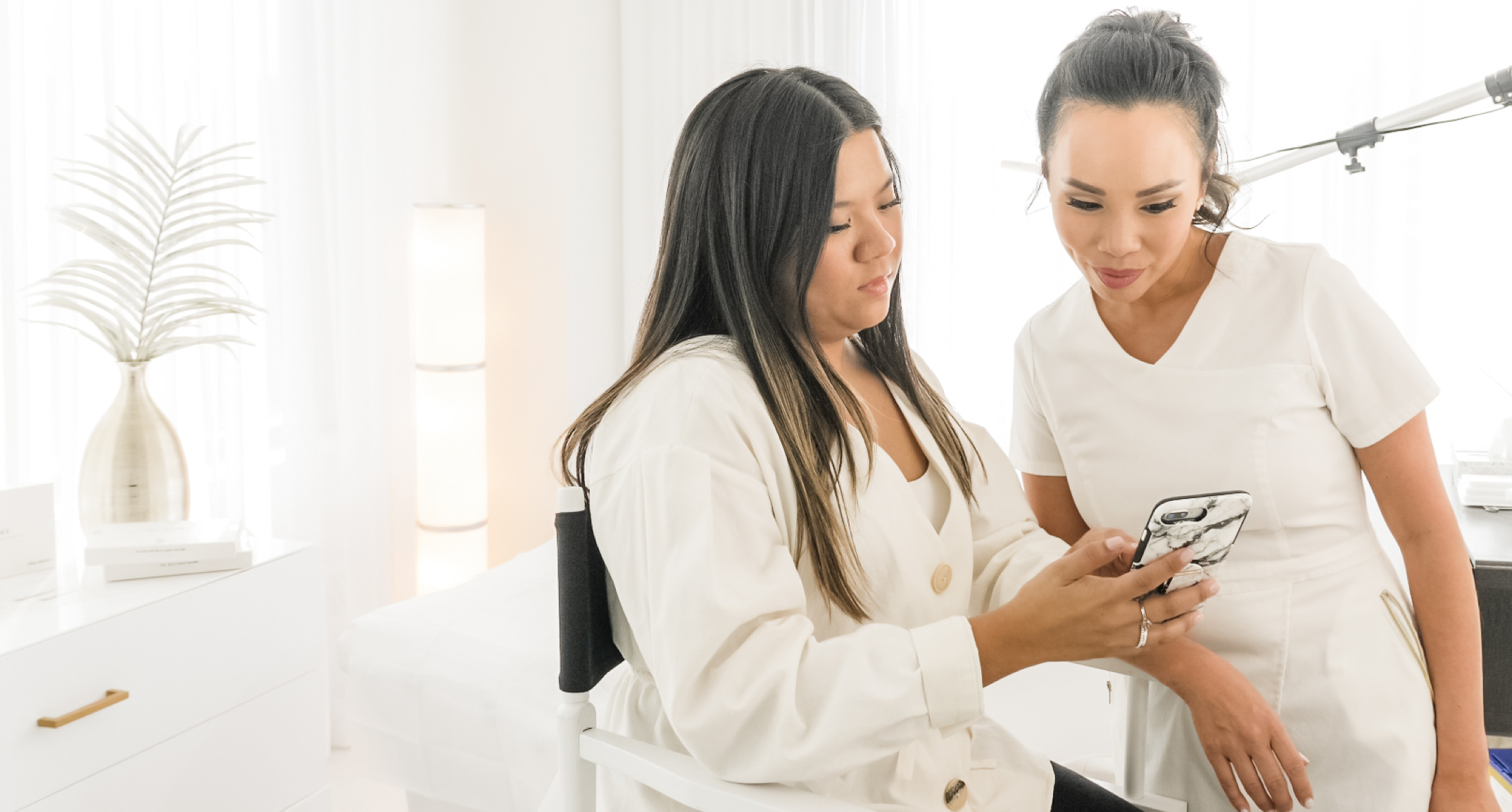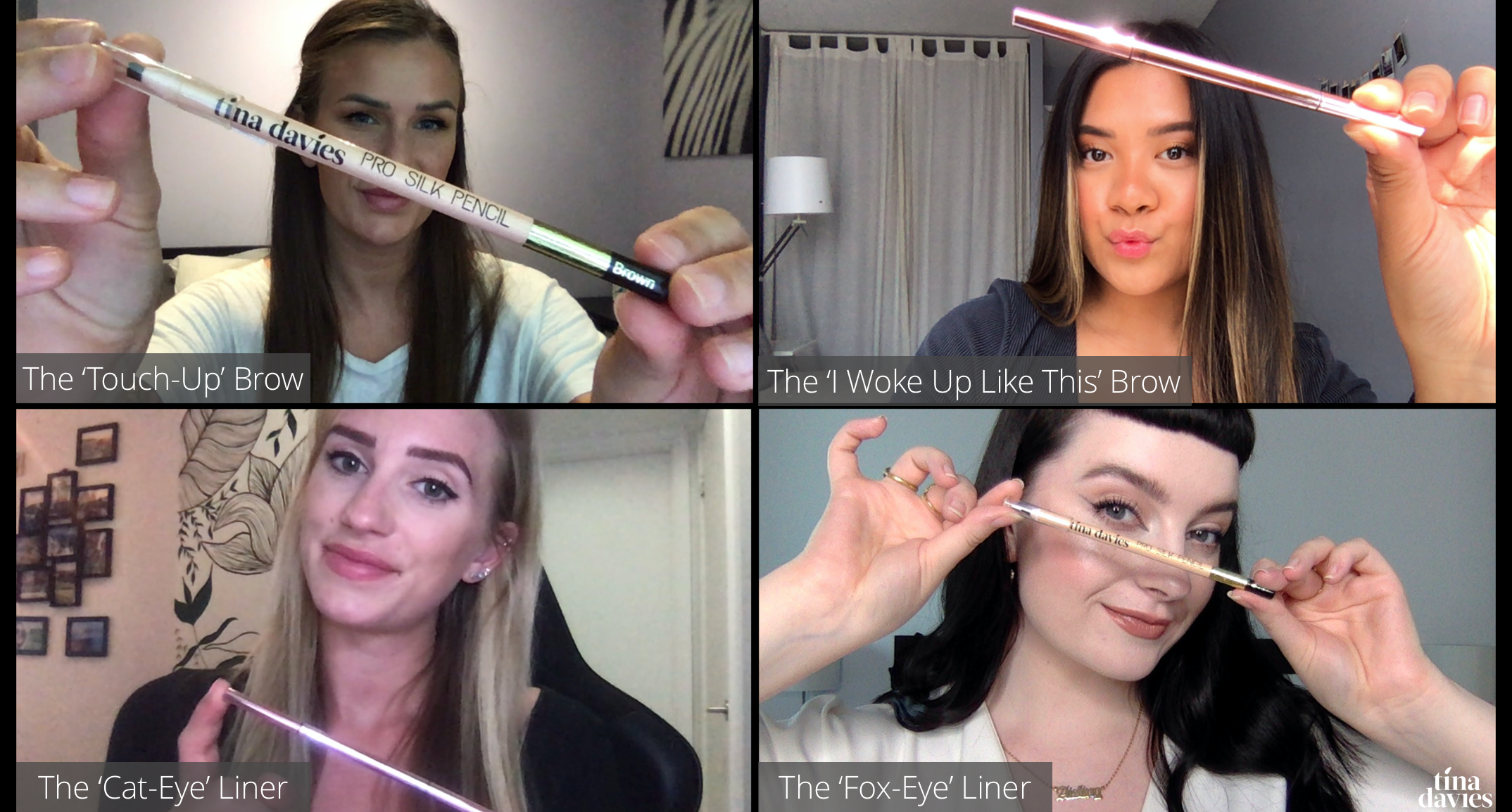
What to Include in your PMU Consent Forms
One of the most important steps in a permanent makeup appointment, other than the procedure itself, is obtaining your client’s informed consent.
As cosmetic tattoo artists, we want to ensure that our clients understand the procedure they are about to go through, what it entails, what the potential risks are and what to expect afterwards. Be sure to carefully read through all the information your client discloses and discuss any contraindications that might affect your client’s suitability for the procedure before you begin.
After all, a better-informed client will usually have fewer questions, concerns or complications during and following a procedure. Keep reading to find out the MUST-HAVE components of a PMU consent form.
Please note, this blog post should serve as a general guideline to creating a comprehensive consent form for your studio. Please adjust your own wording to follow your local guidelines for permanent makeup procedures.
How to Create and Collect Digital Consent Forms
Typically, permanent makeup artists have used paper consent forms for all procedures. Nowadays, many of us want to explore other options - whether it’s to use less paper, to limit the use of hand-held devices in your studio or simply to gather information digitally before the client arrives for their service. It’s up to you! There are lots of different software or booking sites that can be used for digital forms. We recommend Google Forms as the simplest solution. However, at Tina Davies Studio, we use the Consult app which is powered by Timely, our online booking system. Consult allows us to send forms to our clients by SMS text message in advance of their appointment. From the text, the client can access their booking information and complete their consent form digitally before their appointment. This means we have their information on file in advance, and the client does not need to handle paper or devices when they arrive for their treatment. Once they enter our studio - they can fully relax and prepare for their service at ease.
Click here to read 10 reasons to optimize your PMU biz with online booking!
Consent Forms - Essential Information
You should gather basic information from your clients, such as their name, gender, date of birth, phone number(s) and email address. It’s also good practice to have them sign the date (for your future reference), and give details about their home address and occupation (mainly so that you have a talking point when you see them again!). We also recommend that you ask them to confirm they are over the age of 18 and that they are not pregnant or nursing. A great bonus question is to ask how they heard about you. This way, you can provide referral discounts or figure out which promotional methods work best for your business so that you can boost your bookings. At the end of this section, it’s polite to thank them for choosing your studio to apply their permanent makeup and to reassure them that their safety and satisfaction is paramount to you.
 Example of the Client information section of a consent form
Example of the Client information section of a consent form
Information about the Procedure
This part will be wordy! You’ll need to clearly explain the procedure and the process about to take place so that your client feels comfortable and well-informed. Here are some points we recommend including. You will need to type up your own details for each of these suggestions, but here’s a good place to start:

Skin Contraindications
You’ll need to make a list of skin conditions that may cause poor results during or following a permanent makeup procedure. Here are some examples:

Medical Conditions
Similar to skin contraindications, you should provide a list of medical conditions that may cause poor results during or following a permanent makeup procedure. Here are some examples:

Informed Consent
Now that your client has read all the necessary information to give informed consent to going ahead with the procedure, you will need to ask them several questions in order to safely move forward with the procedure.
Recent Health History
Ask your clients any important health-related questions that will affect the outcome of their procedure. The questions on your consent forms may vary depending on the procedures that you offer, but here are some general suggestions:

Photo Consent
Many insurance companies will require that you take before and after photos of every client. It’s great practice to do this so that you have a reference the next time your client visits you. It’s also extremely useful to gather images of your work on clients to use for promotional purposes and marketing, so make sure your client is clear on whether or not you can use their images for marketing.

Final Consent to Procedure
The last questions are the most important! In this section, your client will acknowledge that they agree with everything they’ve read so far and that they are willing and ready to continue with the procedure. Here are some great guidelines to get you started:

Don’t forget to collect their signature at the end of this section!
COVID-19 Health Screening
As businesses start to re-open post-COVID 19, you will need to prepare a health screening form to send to your clients 24-hours prior to their appointment. Below is a great Health Screening form from TheProject AesCert™ Guidance Supplement published by Mary Ann Liebert, Inc. In addition to pre-screening, offices should implement a protocol for a health screening immediately upon arrival on the date of appointment.

Click here to download this printable PDF.
Now you know our best tips on what to include in your PMU consent forms. Did we miss anything? What are your MUST-HAVES for your consent forms? XO






Leave a comment
This site is protected by hCaptcha and the hCaptcha Privacy Policy and Terms of Service apply.